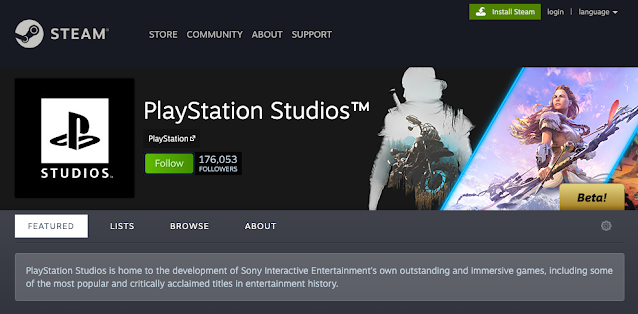DriveClub's Hidden Narrative
When I first decided to borrow my friend’s copy of 2014’s DriveClub, I made sure to search up whether or not it had a campaign.
I didn’t want something that forced me to upgrade my car’s aerodynamics and brakes every two races, or an artificially crafted season of me just starting one standalone race after another. And I wasn't looking for an engrossing story set amidst an array of diverse vehicles.
I was looking for a streamlined, structured, and linear racing experience. I was looking for a series of races across a selection of destinations. I was looking for a journey. A journey between player and machine. A journey between player and road.
DriveClub’s narrative is not told through flashy cutscenes or emails on a menu screen, but rather through the cars you drive, and the tracks you race at.
 |
| Source: PushSquare |
DriveClub Tour is the game's lengthy single-player campaign. It is split into 5-tiers, each with increasing difficulty. The campaign's various events are split into 3 types: races, time trials, and drift challenges. Each event also has objectives. These can range from beating a certain lap-time to finishing in or above a certain position.
Each of these objectives offers up a new challenge, a different test, and something wildly compelling to chase after on the campaign's horizon.
These menial objectives may seem basic on the surface, but they allow for expanses of creative expression from the player. For example, the different lines you can take through a looping downhill corner may shave tenths off your lap time, but it will require you to bend your car's aerodynamics and push its already unstable rear to the limit.
It is through this careful balance of risk vs reward, that the game creates an oddly inter-reliant relationship between the player and the car. You have to put your faith and trust in a piece of machinery, programmed by someone on the other side of the world to behave in a certain way. And the car has to trust you not to overpush its limits to a point where something in the game's physics system snaps, and you're sent spinning off into the trees and rocks that line the side of the road.
So, when you don't lift off the throttle through a particularly fast corner, and the car sticks to the racetrack like a suction cup, the sense of joy and satisfaction is immense. When you come out the other end, your heart having skipped a beat, but with the car still intact and your finger still holding down the throttle, it all pays off.
Both pieces of the puzzle clicked into place. Both you and your car played the cards you were dealt. Trust between you and your machinery is formed.
Next lap around you'll breeze through the same corner with nothing more than a blink of an eyelid. Because you know the car will handle it, and you are certain you can trust it.
As you progress through the campaign, this trust and relationship builds even more. The car will manoeuvre exactly how you want it to, no longer sliding around when the rain comes and no longer losing the back end under sudden change of direction.
 |
| Source: PushSquare |
A little more than 5-hours in, and I haven't seen any sort of traditional story mindlessly stuffed into DriveClub's single-player campaign. There are no random twists and meaningless relationships. Nor are there other confusingly placed narrative elements like a map-based menu that is forcefully trying to tell you the tale of the land.
There is also no good narrative with any sort of emotional weight attached to it. But frankly, DriveClub doesn't need any of this.
Because DriveClub tells a tale through its tarmac. And a tale through its machinery.
The only twists I want from a game like DriveClub are chicanes and hairpins, and the only relationships that are worth exploring are the ones that form between me, the cars I drive, and the tracks I race on.




very useful, good job
ReplyDeleteAs a outcome, slot game builders can leverage these applied sciences to 다파벳 create immersive and sensible casinos. However, as the jackpot rises in worth, the percentages of profitable are decrease. So, this game is riskier and suited to gamers with an all-in-or-nothing mentality.
ReplyDelete